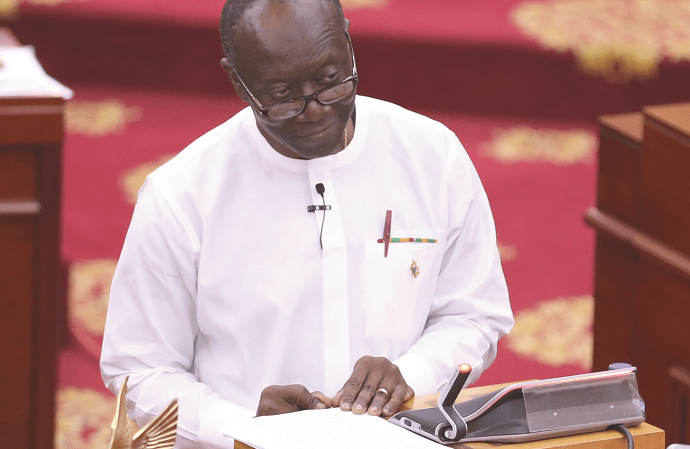The Economist Intelligence Unit (EIU) is predicting that the government will struggle to lower its expenditure in the run-up to the 2020 general elections.
Despite government passing the Fiscal Responsibility Act last year aiming to limit future budget deficits to a maximum of 5% of GDP, the London-based business advisory firm expects the government to record a 5.5 percent budget deficit come next year.
In its July 2019 Country Report, the EIU stated that following the completion of the IMF programme in April 2019, and a period of fiscal consolidation, it expects to see some spending laxity.
“Moreover, the authorities will remain reluctant to lower public spending ahead of elections. The public sector wage bill—together with high-interest payments and capital expenditure to help to deliver ambitious industrialisation and infrastructure development promises—will drive expenditure increases.
Overall, we expect the fiscal deficit to widen from 3.4 percent of GDP in 2018 to 5.5 percent of GDP by 2020 as a result of rising expenditure,” the EIU said.
Given that the government has struggled to meet its domestic revenue targets, EIU’s forecast implies that the government will have to fall on the capital markets and other funding sources to make up for the excess spending.
But the UK-based firm forecasts a quick return to consolidation, leading to a lower deficit in 2023, of 3.3 percent of GDP.
“As a result of this tightening, the public debt stock will edge down from an estimated 53.5 percent of GDP at the end of 2018 to 45.8% of GDP by end-2023, owing to fiscal consolidation combined with robust economic growth.








